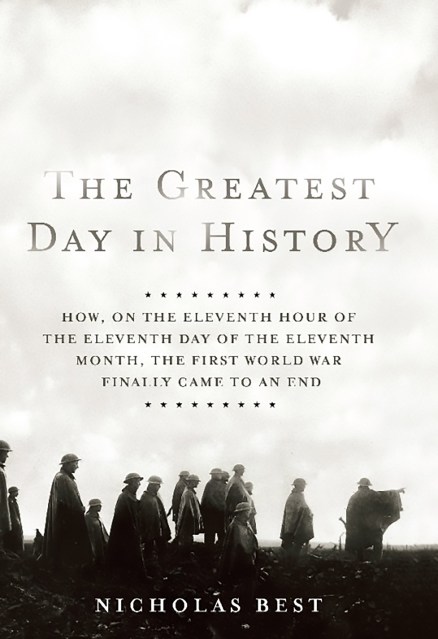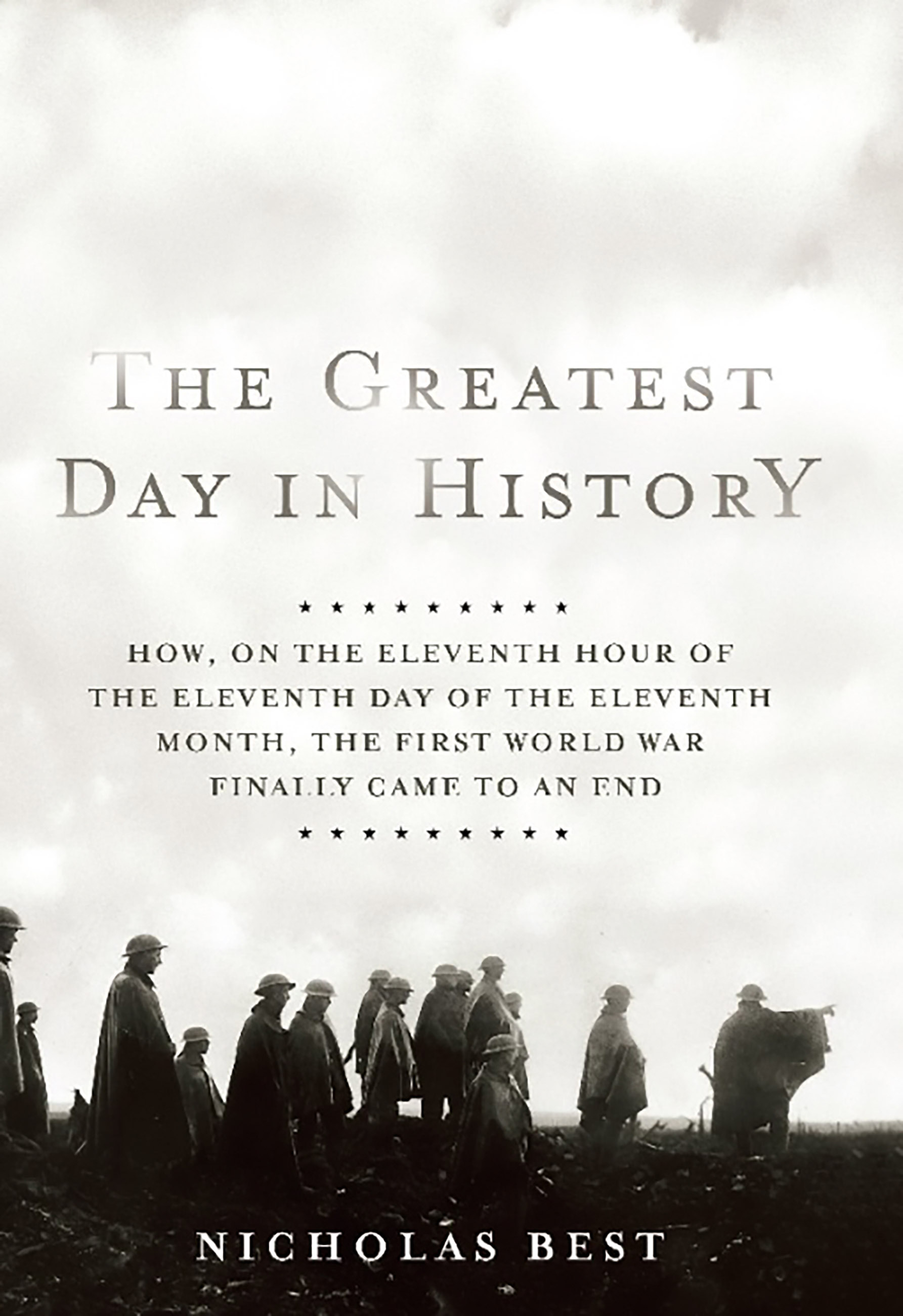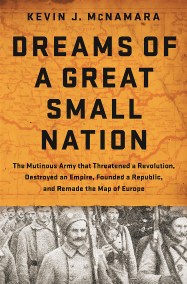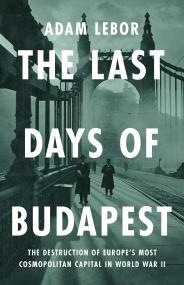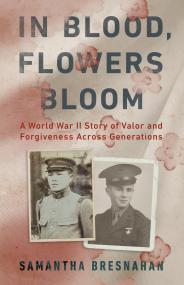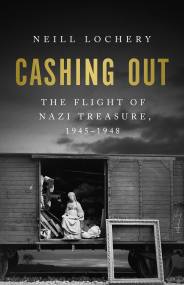By clicking “Accept,” you agree to the use of cookies and similar technologies on your device as set forth in our Cookie Policy and our Privacy Policy. Please note that certain cookies are essential for this website to function properly and do not require user consent to be deployed.
The Greatest Day in History
How, on the Eleventh Hour of the Eleventh Day of the Eleventh Month, the First World War Finally Cam
Contributors
Formats and Prices
- On Sale
- Oct 13, 2009
- Page Count
- 336 pages
- Publisher
- PublicAffairs
- ISBN-13
- 9780786726646
Price
$10.99Format
Format:
ebook $10.99This item is a preorder. Your payment method will be charged immediately, and the product is expected to ship on or around October 13, 2009. This date is subject to change due to shipping delays beyond our control.
Buy from Other Retailers:
Nicholas Best tells the story in sweeping, cinematic style, following a set of key participants through the twists and turns of these climactic events, and sharing the impressions of eyewitnesses including Adolf Hitler, Charles de Gaulle, Harry S. Truman, Anthony Eden, and future famous generals MacArthur, Patton, and Montgomery.
Newsletter Signup
By clicking ‘Sign Up,’ I acknowledge that I have read and agree to Hachette Book Group’s Privacy Policy and Terms of Use
